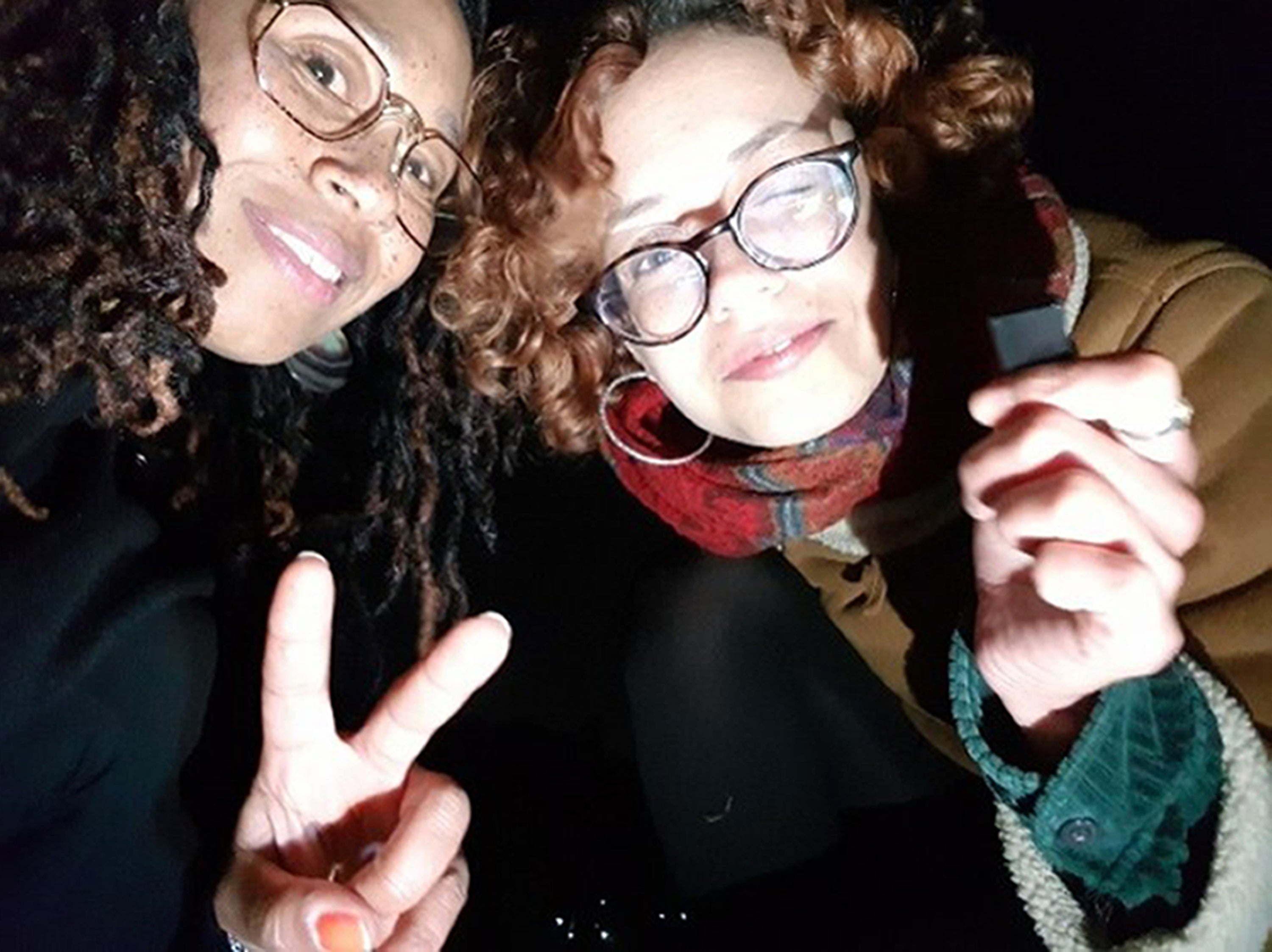Hate crime laws are not the solution to violence against women and girls
We believe that the compromises required to include ‘misogyny’ within existing hate crime laws would result in a confusing set of laws that are ineffective and may even be counterproductive


Your support helps us to tell the story
From reproductive rights to climate change to Big Tech, The Independent is on the ground when the story is developing. Whether it's investigating the financials of Elon Musk's pro-Trump PAC or producing our latest documentary, 'The A Word', which shines a light on the American women fighting for reproductive rights, we know how important it is to parse out the facts from the messaging.
At such a critical moment in US history, we need reporters on the ground. Your donation allows us to keep sending journalists to speak to both sides of the story.
The Independent is trusted by Americans across the entire political spectrum. And unlike many other quality news outlets, we choose not to lock Americans out of our reporting and analysis with paywalls. We believe quality journalism should be available to everyone, paid for by those who can afford it.
Your support makes all the difference.The shocking murders of Sarah Everard, Bibaa Henry and Nicole Smallman have rightly refocussed attention on the extent of harassment, abuse and violence towards women in our society. It is not surprising that many women feel unsafe and unsupported by the criminal justice system when fewer than one in 60 rape cases lead to a criminal charge.
This week, the Law Commission published a report in which we recommend the government introduce a new offence of “stirring up hatred” on the basis of sex or gender. Stirring up hatred offences criminalise conduct that is intended or likely to cause others to hate entire groups; frequent targets include Jews or Asian people.
This new offence will target misogynistic extremist “incel” content – such as advocating rape as a response to sexual rejection – that has been identified by the Commission for Countering Extremism as an emerging threat in the UK.
This recommendation follows our recent advice to criminalise rape threats and cyberflashing – the unsolicited sending of sexual images using digital technology – and our upcoming review of the use of evidence in rape and sexual offence trials. This work, together with our ongoing review of the taking, making and sharing of intimate images without consent, will close legal loopholes and strengthen the criminal response to the abuse and harassment many women face.
But we have not recommended that “misogyny” or “sex or gender” be a category in hate crime laws more generally. This may be disappointing to many because we provisionally proposed the opposite in our 2020 consultation paper. Indeed, calls for abuse and attacks on women to be included in hate crime laws are understandable but I, and the Commission, have reached the view that it would not be an effective solution.
We think there are other, better solutions to tackling violence against women and girls. Hate crime laws require courts to increase the penalty for a criminal offence where there is additional proof that it involved hostility towards a protected group. The protected groups in hate crime laws are “race”, “religion”, “sexual orientation”, “disability” and “transgender identity”.
The law does not designate all crimes against, for example, racial minorities or gay or lesbian people, as hate crimes. The prosecution must prove that when committing the offence, the defendant was motivated by or demonstrated hostility towards the victim based on their membership of a protected group. An all too common example of hate crime would be an assault accompanied by a racist slur.
So what does this mean for misogyny as a hate crime? Well firstly, it means that crimes committed against women would not automatically be considered hate crimes. Additional proof of hostility towards women generally would be required. This creates real challenges in contexts where we know women are disproportionately victims: sexual offences and domestic abuse.
Proving sexual offences is notoriously difficult, and an additional requirement to prove a misogynistic motivation is likely to be even more challenging. As Rape Crisis told us: “At best, trials will be slowed down due to their more complex nature, potentially exacerbating the trauma that complainants already experience in the criminal justice system. At worst, convictions will be even more difficult to obtain.”
And is it useful to class some forms of rape committed by men against women as “misogynistic hate crimes” and some as not? What does this say to victims whose rape does not meet the legal test for hate crime? Experts in this area have told us that introducing a new hierarchy of “misogynistic rape” and “ordinary rape” will not help victims. It may even reinforce damaging myths and stereotypes.
Similarly, experts in the field of domestic abuse have told us that factors such as the use of a gendered slur are not a useful way of distinguishing between cases of domestic abuse. The focus of the criminal law in this area should be on the coercive, threatening or violent behaviour of the defendant, and the abuse of a relationship of trust.
So which offences would then remain in the scope of misogyny hate crime? Harassment, threats and online abuse are some clear examples. But adding “sex or gender” to hate crime laws is unlikely to achieve the hoped-for results where harassment is sexualised – one of the main concerns of campaigners.
Taking street-based sexual harassment as an example, the existing public harassment offence requires proof of threatening or abusive words or disorderly behaviour. Most public sexual harassment tends to be lewd and unwelcome rather than threatening or abusive, so there would be no offence committed.
Even for sexual harassment which does reach this threshold, proving hostility towards women would be challenging. While unwanted sexual advances undoubtedly create a hostile environment, they would rarely meet the stringent definition of “hostility” in hate crime laws.
To keep up to speed with all the latest opinions and comment sign up to our free weekly Voices Dispatches newsletter by clicking here
An arguably more effective solution would be for the government to consider introducing a specific offence for public sexual harassment, as has occurred in France. A specific offence might be crafted in a way that captures the degrading and sexualised nature of this behaviour. So we have recommended that the government mull over this option further.
Ultimately, we believe that the compromises required to include “misogyny” within existing hate crime laws would result in a confusing set of laws that are ineffective and even counterproductive. Hate crime laws play an important role in recognising and responding to criminal hostility against targeted communities. But we think these laws are not the best or only solution to tackling violence against women and girls, the scale and complexity of which requires a unique and tailored response.
Professor Penney Lewis is the commissioner for criminal law
Join our commenting forum
Join thought-provoking conversations, follow other Independent readers and see their replies
0Comments